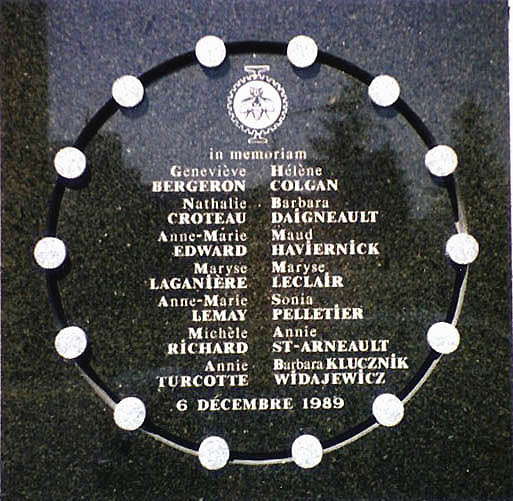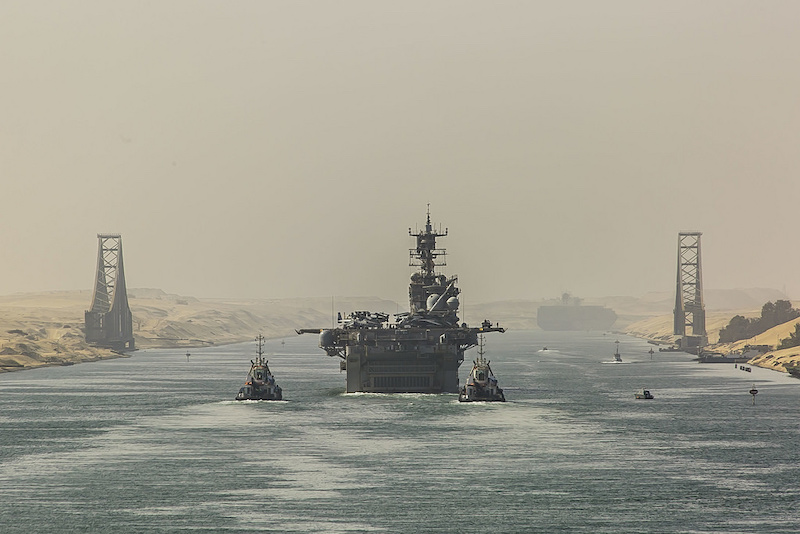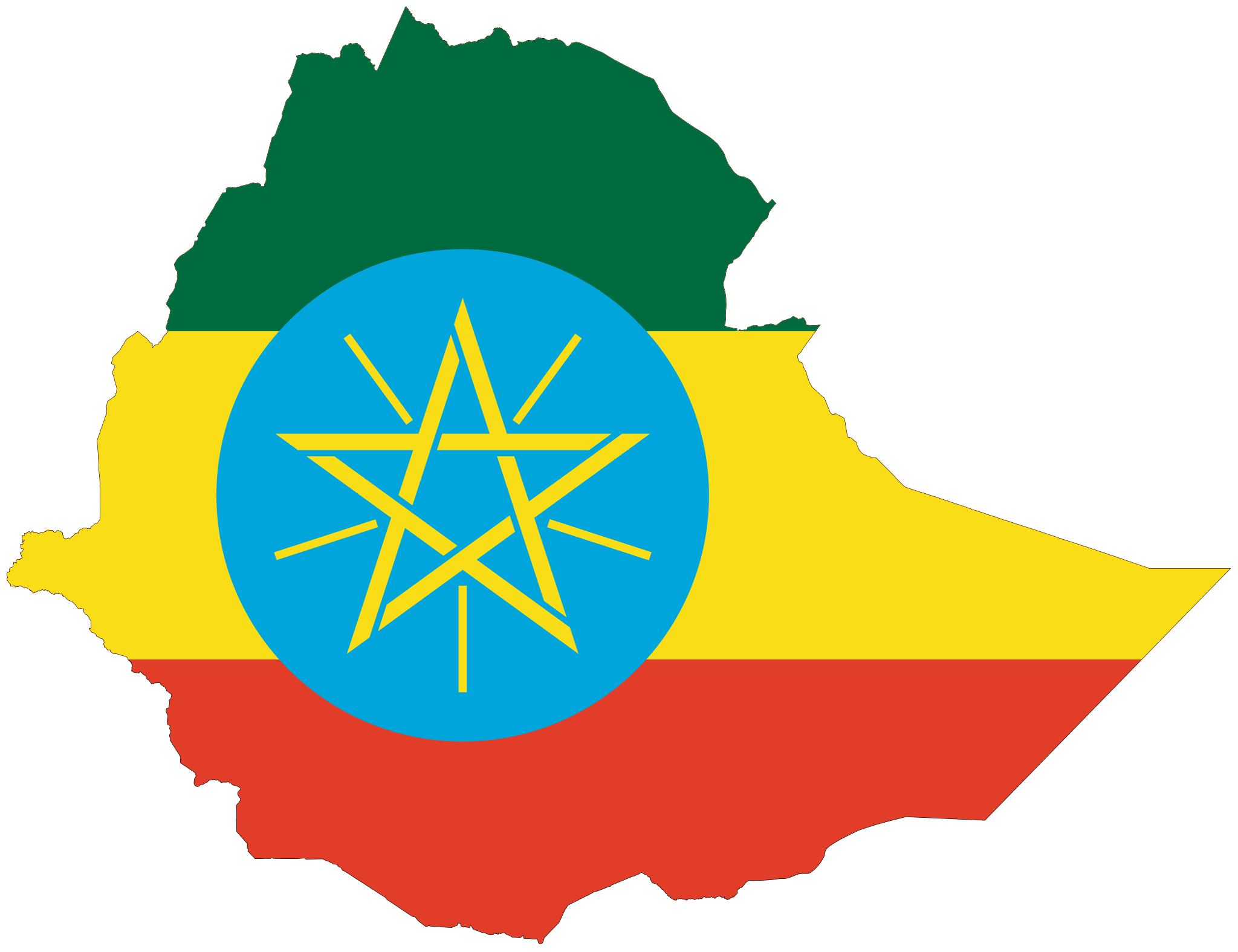As news began to emerge of a large chemical weapons attack near Damascus, it quickly became clear that an intervention was a very real possibility. Two governments assumed their familiar positions at the vanguard of a political campaign in support of armed intervention. The US and UK found themselves arguing that the Assad government was responsible, without providing any proof to the public. With these two governments making claims about the weapons of a Middle-Eastern government and arguing for military action, the inevitable comparisons to the Iraq War were quickly drawn. David Cameron’s failure to win parliamentary approval for a strike led some to argue that his government and others remain hindered by the disastrous operation the UK involved itself in one decade ago. But this might be a specious narrative. There are indications that the UK parliament’s unwillingness to approve military action is more than a symptom of lingering political consequences. Instead, it can be seen as a startling reassertion of public discretion and democratic constraints on western foreign policy.
Observers can hardly be blamed for noting the similarities between the Iraq War and the Syria crisis. A US-led, western campaign in the Middle-East based on concerns about weapons of mass destruction is bound to spur peoples’ memories. But in other respects the Syrian crisis is a mirror image of the Iraq War. The US is now led by a Democratic President, while the UK has a Conservative Prime Minister. Furthermore, the most vocal advocate for intervention has arguably been the French Socialist President François Hollande, in stark contrast to the ostensibly more right leaning Jaques Chirac whose opposition to the Iraq War temporarily soured Franco-American relations. There are, of course explanations for these inversions. The left-right reversal in the US and UK is perhaps nothing more than an indication of how little daylight there is between the poles of both countries’ mainstream political spectrums. As for France, Hollande’s remarkably enthusiastic endorsement of military action might be viewed by some as an indication of how unconstrained the French state is, having foregone the chastening experience endured by its allies in Iraq. Nevertheless, it is worth remembering that for all of the similarities between 2003 and 2013, there are some significant differences as well.
[captionpix align=”right” theme=”elegant” width=”300″ imgsrc=”http://natoassociation.ca/wp-content/uploads/2013/09/war.jpg” captiontext=”Syrian Crisis is a mirror image of the Iraq War.”]
The most significant flaw in the narrative that the UK’s decision to stay out of Syria is the result of its participation in the Iraq War is the relative ease with which the Libya intervention was initiated. Though unpopular in some circles, the Libyan mission faced no great parliamentary obstacles, and there was no indication that Cameron was particularly concerned with testing the domestic political waters before embarking on the mission even when it seemed to exceed its UN mandate. It is unlikely that a Syrian intervention is being approached with increased public scepticism for purely geopolitical reasons. An alleged gassing of hundreds – perhaps over one thousand people – is surely as much cause for intervention as the threatened attack on a city that preceded the campaign in Libya. Nevertheless, western governments have had great difficulty convincing their constituents that it is time for yet another intervention.
To some limited extent, war weariness is a viable explanation for this turn of events, but it is also possible that the accumulation of these missions has rendered western populations more discerning and les complaisant. In this sense, the opposition to intervention is as much the by-product of Libya as it is Iraq. The transformation of a no-fly zone over Libya into an air force for the rebels did not go unnoticed, nor did the chaos that followed the intervention’s conclusion. Furthermore, the Arab Spring has not followed the western media’s popular narratives, which largely overlooked the continuity of authoritarianism in Egypt following its “revolution”. In other words, recent years have been quite unpredictable, and this has left western populations less deferential to their leaders, who in turn must accommodate a more sceptical audience.
Since the end of the Cold War, rhetoric of humanitarianism and international norms has been at the forefront of justifications for armed intervention. It began with NATO’s operations in Yugoslavia, re-established prominence during the crisis in Libya, and more recently was employed by the French in Mali. All of these operations were subjected to extensive, sometimes compelling, critiques. But the language of human rights, norms, and international responsibilities seemed to prevent any criticism from gaining currency. The recent developments in the UK may be an indication that this era is coming to an end. This is perhaps because of heightened frustration and scepticism of western polities or the weaknesses of the interventionist arguments in relation to Syria. More probably, it is some combination of the two. What this means for international security and the Atlantic community remains to be seen, but no one should assume that this is simply a matter of the UK and other western governments stepping out of the Iraq War’s shadow.




